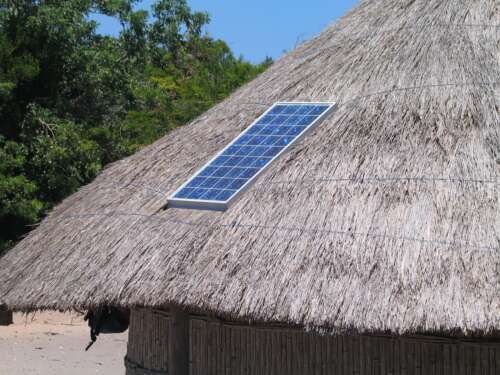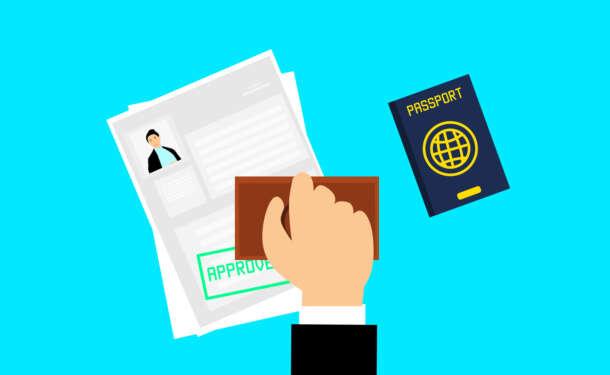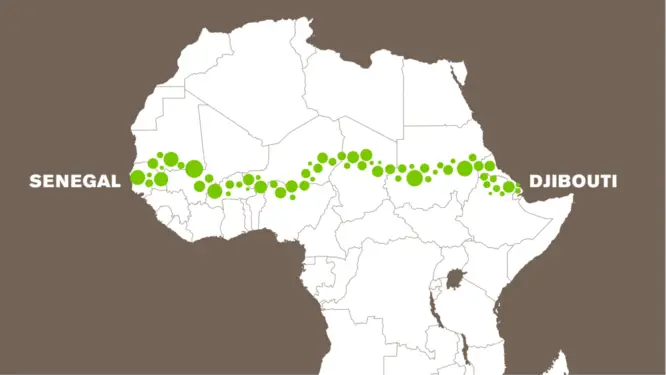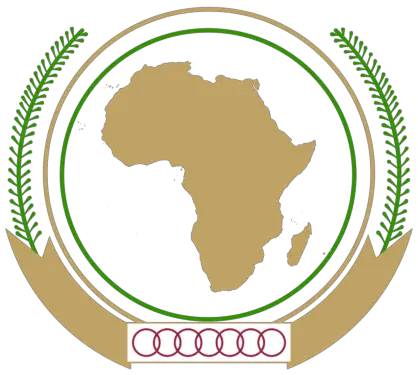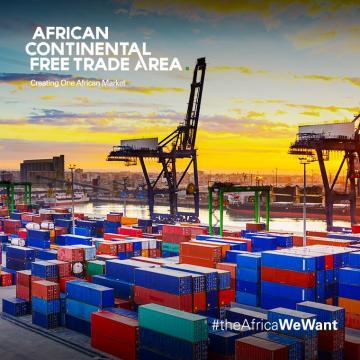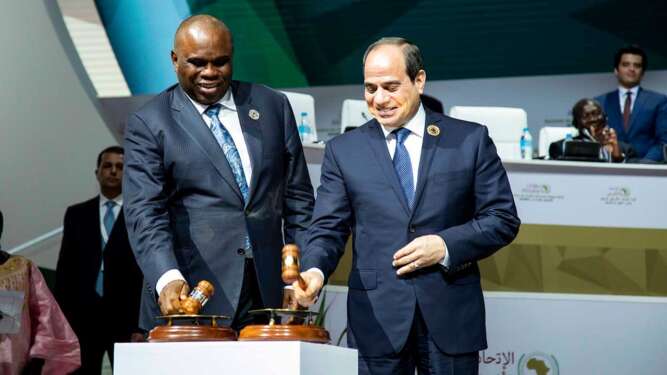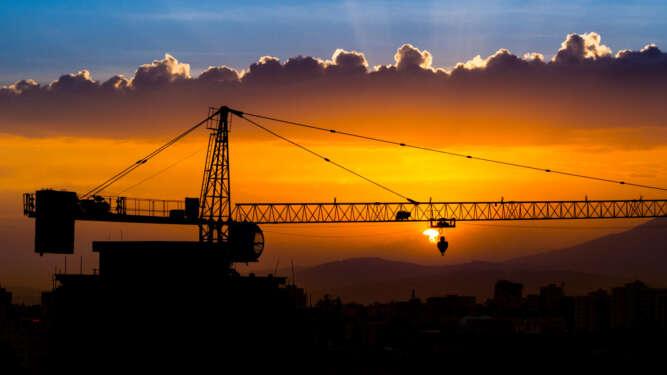- Africa’s new dawn: the rising role of digital and AI in agriculture
- Can Dangote Refinery Transform Africa Energy Ambition
- Gallup Survey: 80 per cent of Kenyan Workers Are Disengaged and Seek New Opportunities
- Madagascar Man Freed from 5KG Tumor After 15-Year Struggle
- How women in Africa are perceived and treated
- Sugar consumption in Kenya to Increase to 1.23 Million Tonnes
- Can Somalia and Turkey Oil deal Bring Change in Somaliland
- Remittances to Kenya dropped to $371.6 million in June, marking a six month low
Browsing: the africa we want
Africa’s tech habitude is on the rise. Internet usage has risen significantly on the continent. On top of that, the advent of the coronavirus pandemic accelerated the prospect of growth in the digital sphere. E-commerce is one such opportunity that affords businesses access to broader market opportunities in every arena. According to McKinsey, a worldwide consulting firm, the e-commerce industry in Africa is expected to grow to a $75 billion industry by 2025.
E-commerce is growing. It is accelerated by a growing and youthful population that is increasingly exposed and has an appetite for greater efficiency and improvement of business to first-world standards. The African diaspora has also contributed to this growing demand as people have become more exposed to what is going on around the world. Technology itself dissolves existing borders and opens up trade regionally and internationally.…
Africa is poised to overtake highly populated continents like Asia in terms of population growth. Along with rapid urbanization, the burgeoning population creates an urgent need to find solutions for growing energy demands. As the population grows, demand for fuel and energy to power movement, urban lifestyles, cooking, heating, and refrigeration will catapult in tandem.
This positions the continent as a significant demand hub for energy solutions like gas, oil, and electricity, which has answered the needs and demands of home use. In addition to the demand for energy use in the home, there is a growing need for industrial and manufacturing energy solutions. The advent of Africa’s free trade area is set to propel industrial output by creating synergies and opening up the broader market.…
The African continent is wealthy with vast mineral resources, which are 30% of the world’s total mineral reserves. Ninety percent of the world’s platinum and chromium reserves are found in Africa.
Sixty percent of the world’s arable land is located in Africa, which spells much potential for agriculture. Africa also boasts of many tourist attractions, including the majestic Victoria Falls, World Heritage Sites such as the Egyptian pyramids, as well as the numerous game reserves, to mention a few. This is in addition to the rich African culture as well as the diverse ethnic groups with over 1500 languages. It is the world’s second-largest and second most-populous continent.
Despite lying on a rich bed of resources, both natural and human, the narrative about Africa remains that of the poorest of the poor.
Changing the narrative
For a long time, the narrative of Africa as an impoverished continent has …
The African Union agenda 2063 is on course. After some delays due to covid, the African continental free trade area has become a reality. As part of the free trade area, the African Union passport will be availed this year. The passport launched in 2016 had been available only for diplomats and AU officials. It will now be rolled out to ordinary citizens of the African Union.
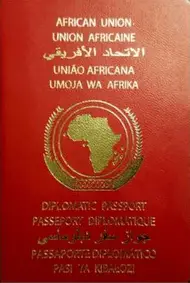
What will an African Passport mean?
The rationale for the passport is for African citizens to be able to cross all borders on African soil without a visa. The passport will facilitate easier movement for people to ease trade relations.
As African countries strengthen ties and seek to reap strength in numbers, the passport will spell an easier transition into seamless trade on the continent.
Modelled along the lines of the European Union passport, the passport will be biometric to prevent fraud and …
Land degradation affected the Sahel Region of Africa significantly due to climate change and poor land management. Land degradation typically stems from human-related and natural factors such as overgrazing, climate change, and extreme weather.
The Sahel area is increasingly under threat, for example, Senegal’s rainy season is now much shorter, starting in September rather than July. Food and water shortages are common, and many people are being forced to leave their homes in search of sustainable living.
The most severe form of land degradation, desertification, poses serious threats to agricultural productivity, food security, and quality of life in sub-Saharan Africa, where an estimated 500 million people live on land undergoing desertification. It is against this background that the African-led initiative was born; united for a common cause to save the environment and improve the quality of life.
The Great Green Wall of Africa
The very ambitious initiative brings together …
Ten African heads of state and government, as well as the president of the African Development Bank, were handed awards for their instrumental role in the realization of the African continental free trade area.
“As Africans, we are proud of the extraordinary effort made by our leaders towards the success of the AfCFTA.” Hailemariam Boshe, former Prime Minister of Ethiopia and Ae Group Patron
A consortium of African stakeholders banded together to show acknowledgment for the efforts undertakes towards realizing Africa’s dream. The stakeholders included AeTrade Group in collaboration with the African Union Commission, the African Business Council, the Pan African Chamber of Commerce and Industry, the Federation of West African Chambers of Commerce and Industry, and the East African Chamber of Commerce, Industry, and Agriculture.
The heads of state that received recognition included:
- Felix Tshisekedi, president of the Democratic Republic of Congo
- Egyptian President Ahmed Fattah Al-Sisi;
- His Majesty
African continent is making strides towards the realization of Agenda 2063. One of the key steps, the free trade agreement, was successfully launched on the 1st of January 2021 after having been delayed by Covid-19.
The trade agreement has hit the ground running. Already recording its first trade under the terms of the free trade treaty.
Ae Trade Group and Ethiopian airlines partnered for the transportation of momentous parcels- handmade trophies from the Kingdom of Eswatini to invoke the AfCTA trade. This trade marks the beginning of trading under the African Continental Free Trade Area.
Ethiopian Airlines -DHL is a logistics operation born from a 2008 partnership between the two entities which operate across Africa.
The first shipment of parcels was received in Ethiopia at the Addis Ababa Bole International Airport on the 1st of January amid pomp and fanfare with a ceremony organized to applaud the start of the …
The countdown to the commencement of trading under the African Continental Free Trade Area is drawing to an end.
The world celebrates the coming of a new year with the hope of a reprieve from the chaos and hardships that 2020 brought. For Africa, the New Year’s Eve celebrations bring hope for a brighter future. A future with Africa no longer the dark forgotten continent left behind by the rest of the world. Neither engulfed by poverty, inefficiency, and negativity nor identified by conflict and hopelessness.
A future where Africa stands shoulder to shoulder with economic giants. Where economies of scale and scope position African manufacturers favorably. Where African economies boast integrated efficiencies and world-class digital infrastructure. Where road networks and physical infrastructure on the continent take a turn for the better. Where Africa means business and has the trade statistics to prove it.
Africa is going for gold and …
A few years ago, Nigerian Jessica Mathews made headlines after she invented the energy harnessing soccer ball. The invention entailed soccer balls that harness the kinetic energy they gather when they are kicked around so that they can be used for lighting in the home.
This was an incredibly beneficial invention, given the challenges of electricity in most of Africa; 60 % of the population has no access to electricity. In several countries, those who do have access to electricity experience intermittent power cuts. Noisy and fume producing generators are widely used to power business and home lights. However, that is only for those with an advantage in terms of affluence. For those who do not have the same level of privilege, candles, or paraffin lamps akin to those used in 18th century Europe are still the primary source of lighting.
Zimbabwe’s William Sachiti, the inventor of the driverless …






